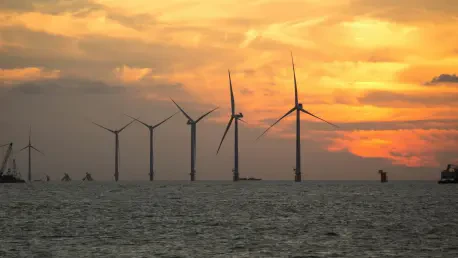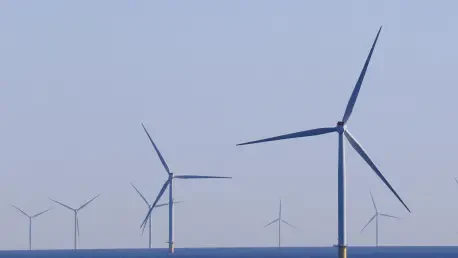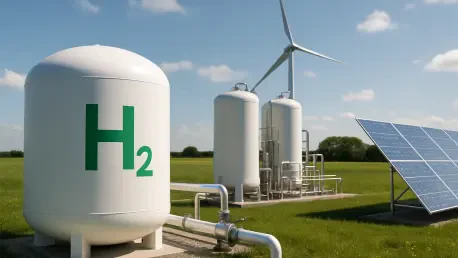
In a world increasingly focused on sustainable energy solutions, Dominion Energy is at the forefront of a transformative project that could redefine power generation along the Atlantic Coast with its Coastal Virginia Offshore Wind (CVOW) initiative. This staggering 2.6-gigawatt wind farm, situated

In a world increasingly reliant on renewable energy to combat climate change, few individuals have made as profound an impact on the solar photovoltaic (PV) sector as Walburga Hemetsberger, the Chief Executive Officer of SolarPower Europe. Her recent recognition as the recipient of the prestigious

In the quest for a sustainable future, the United Kingdom stands at a critical juncture with the recent approval of the Berwick Bank offshore wind farm by the Scottish Government, a project poised to become the largest of its kind in the nation, located roughly 38 kilometers off the coast of St

In a world where industrial sectors grapple with the urgent need to slash carbon emissions, a groundbreaking initiative from a Singapore-based company is setting a new benchmark for sustainability in one of the toughest industries to decarbonize. Steel production, notorious for its heavy reliance

As Malaysia accelerates its journey toward a sustainable future with ambitious renewable energy targets, the spotlight falls on an often-overlooked yet vital component: safety standards. With a focus on expanding solar power and battery energy storage systems (BESS), the nation faces not only the

Mindanao, the southern gem of the Philippines, finds itself at a pivotal moment in its quest for a sustainable energy future, grappling with the heavy burden of coal dependency that has long defined its power landscape. For decades, the region has endured crippling electricity costs, environmental